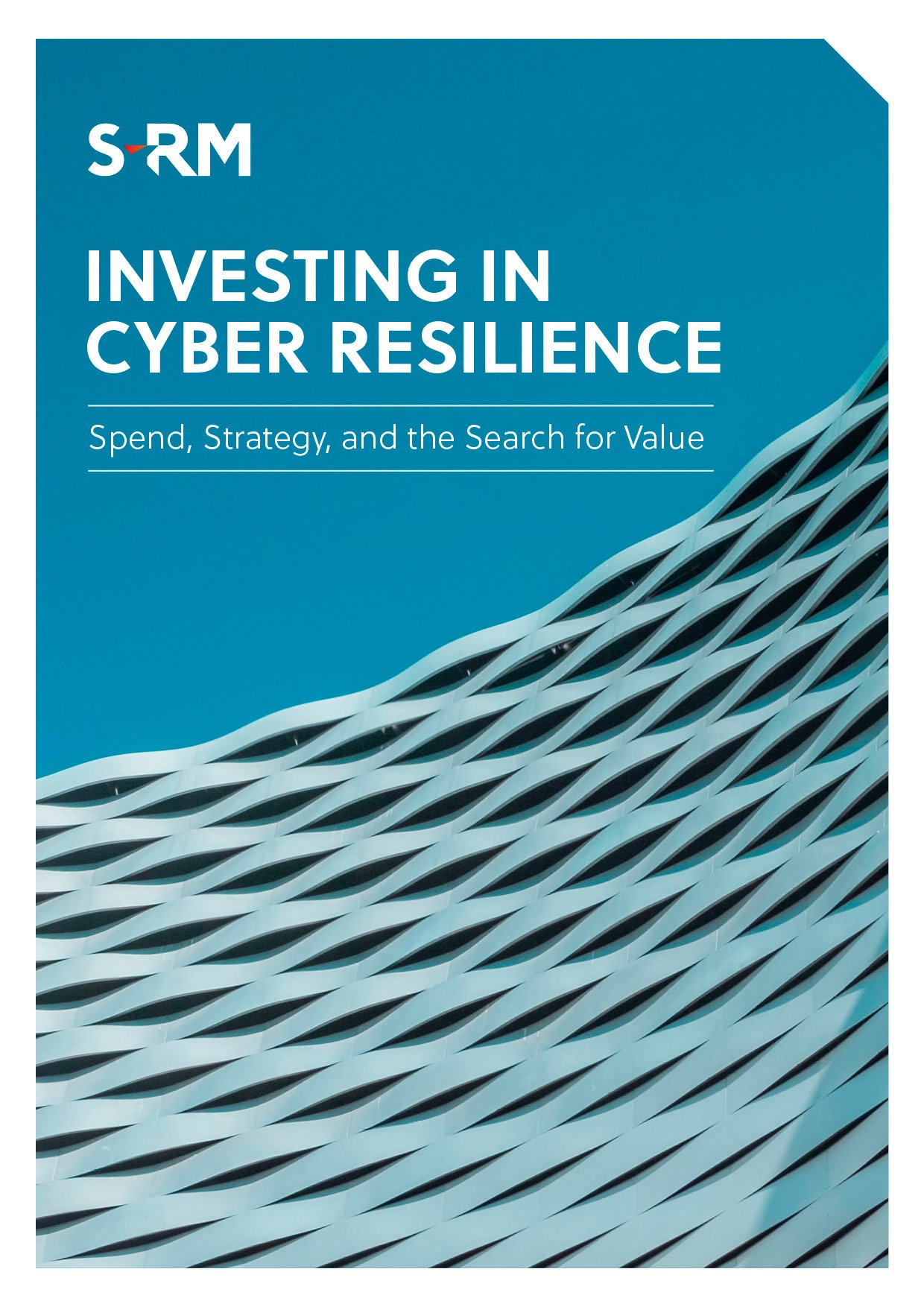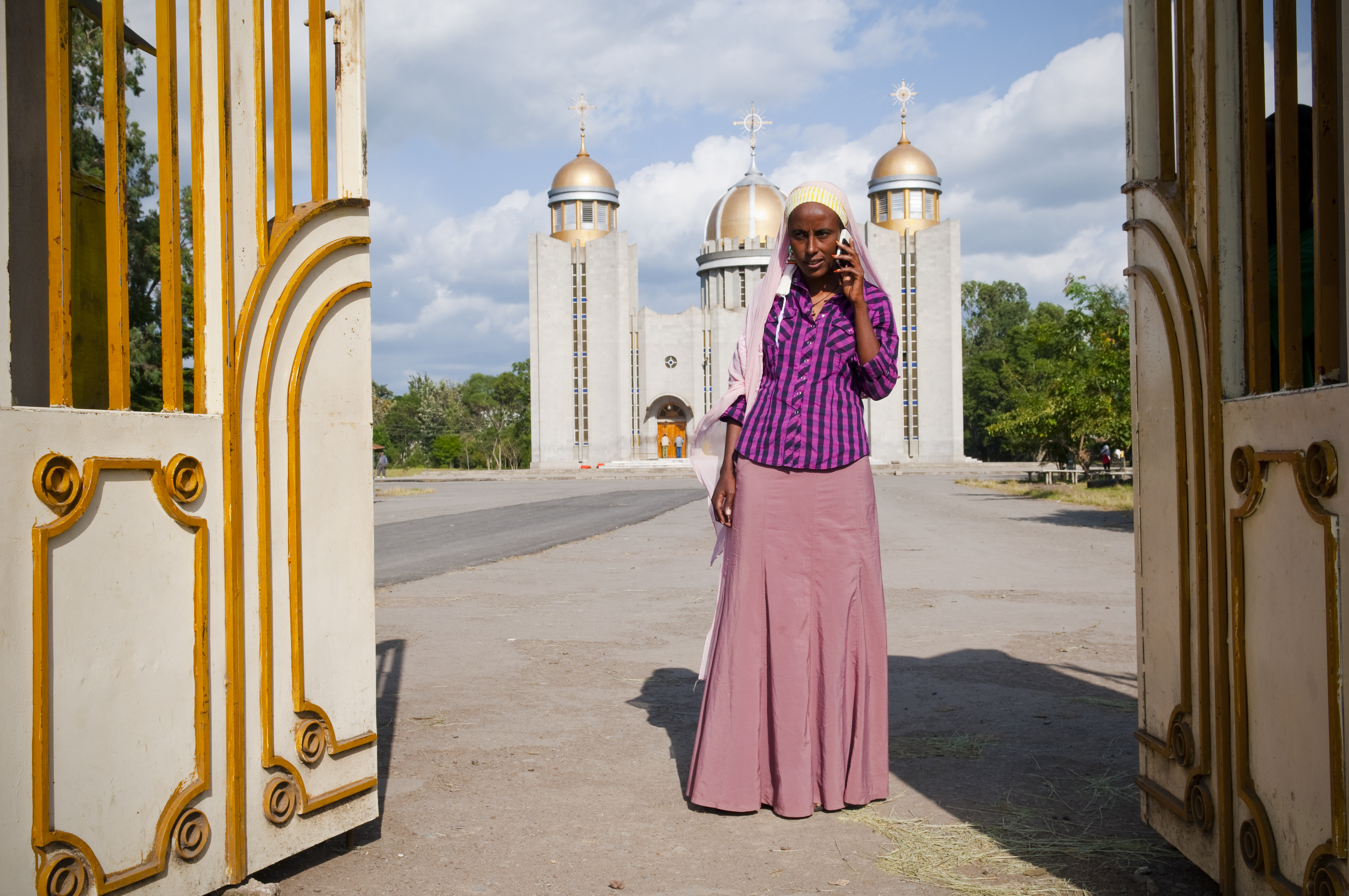Over a year has passed since the collapse of Abraaj Group (Company), which at its peak was among the world's largest emerging markets-focused private equity firms with USD 13.6 billion under management.
As of May 2019, entities and individuals had asserted losses of over USD 1 billion against the company, and a US government indictment against the firm and six of its principals filed in June 2019 is ongoing.
Abraaj’s senior executives are alleged to have embezzled LPs’ funds, falsified accounting records, and bribed foreign officials. The focus of allegations is against the Abraaj Health Fund, formed in 2015 with the Bill and Melinda Gates Foundation as a major donor, and the malfeasance is alleged to have taken place over four years prior to its discovery in Feb 2018.
The impact on the investment climate for emerging markets private equity – particularly in Africa and the Middle East – has been widely discussed. But the longer-term fall-out of the Abraaj matter is expected to be focused around a demand for greater transparency and improved LP rights, and more rigorous corporate governance and scrutiny applied to GPs and the advisory companies which support them.
Greater Operational Due Diligence
LP scrutiny of GPs was already growing even before the Abraaj matter, particularly for emerging markets focused GPs who have seen a broad increase in the levels of operational due diligence required. 44% of respondents in EMPEA’s 2019 Global Limited Partners Survey reported that they had increased the amount of information requested from prospective GPs over the last two years. Their focus has often been on operational practices, cybersecurity, fund manager financials and ESG considerations.
The majority of the due diligence is dependent on fund documents submitted, self-verification via questionnaires and interviews, and is conducted internally by LPs themselves. However, the types of concerns highlighted by the Abraaj matter are unlikely to be caught by an approach of just asking questions of the GP. To really understand a GP, its culture and its people, we are beginning to see a shift towards LPs demanding evidence based due diligence. An EM-focused firm we work with stressed that due diligence “to be really effective, must be conducted by independent third parties who are outside of the GP ecosystem.” LPs will be able to rely more confidently on findings from demonstrably independent parties, and rework LPAs accordingly.
While LPs have stepped up their operational due diligence, there is still a gap in integrity and reputational due diligence. More sophisticated LPs, however, particularly those in emerging markets, have moved on from what one leading private equity lawyer described as the “herd mentality” of just performing basic KYC checks. Discreet enquiries made by an independent third party with former employees, colleagues, and portfolio companies are now revealing issues regarding the executives’ track record or approach to governance, long before the LP agrees to invest capital. Whether looking at Abraaj or other GPs, these enquires can uncover the tone at the top of the company and highlight governance concerns before serious damage or scandal, thereby providing opportunities to seek further clarifications or remediation, or to adjust LPAs.
Enhanced Governance Structures
Some commentators have compared the potential fall-out of the Abraaj collapse on the private equity industry to that of the Bernie Madoff scandal on asset managers, who were subsequently affected by a slew of stringent reporting requirements, and greater scrutiny by the US Securities and Exchange Commission (SEC).
Several enhancements to existing governance structures have been proposed. Firstly, in their interactions with fund managers, LPs are responding to the perception that the board structures at Abraaj were unable to prevent poor governance led by a minority within the executive team. LPs are placing greater scrutiny on the independence of directors – and working to ensure that independent directors retain their independence for the duration of their tenure.
Additionally, LPs are pushing for greater independence in the asset valuation process, given that many of the problems at Abraaj stemmed from the fact that the firm was conducting its valuations in-house. A leading private equity lawyer assessed the fact that “self-pricing opens the way for potential abuse”, to be one of the main takeaways from the Abraaj matter. However, the way forward on this front is not yet unanimous, given that a GP’s proximity to investments can provide them with a unique vantage point which external valuers are unable to replicate.
More systematic enhancements to governance are underway, too. The US-based Institutional Limited Partners Association (ILPA) is pushing the SEC to force managers to improve governance in their fund documents by including more information relating to conflicts of interest and clarifying the standard of care owed to LPs. This partially represents a response to a trend reported post-Abraaj which has seen banks change the liability for finance they extend, so that if a GP defaults on a loan they can retrieve the funds from the LPs. Several EM-focused funds have also reported LP requirements on shareholder agreements becoming more stringent over the last 12 months, as well as demanding improved rights in partnership agreements. In June 2019, ILPA released its Principles 3.0 for the private equity industry, which include provisions covering, among other topics, transparency and governance at the GP level. The standards are the first such provisions drafted by ILPA for 8 years, and can be expected to shape changes in the dynamic between GPs and LPs.
A major governance enhancement has already been passed into law in the United Kingdom, which will have wide extra-territorial effect. The Financial Conduct Authority’s Senior Managers and Certification Regime comes into force in December 2019 and is anticipated to both prompt behavioral change in senior executives and more widely foster an improved culture within companies, as well as apply new conduct rules to a wider group of employees –-including investment analysts. Senior managers will be individually accountable if it is proven that they did not take reasonable steps to prevent a regulatory breach. Although the burden of proof still remains with the Financial Conduct Authority, it will be harder to disclaim responsibility, and the Regime certainly adds teeth to the process of enforcement itself.
As the Abraaj fallout continues, we anticipate seeing further debate around the current governance standards of the sector. The role of auditors, for example, has been cited by several funds we work with as a matter of concern. In many instances, a GP will hire an auditor, who will be paid by the LPAC, and will also conduct quality of earnings reviews, or due diligence, for example, which raises the prospect of a potential conflict of interest, particularly with disproportionate fees. One US-based investor highlighted their concern that GPs focused in emerging markets needed to take more care when using local auditors, and LPs should “be more closely involved in the process.”
Regulatory Integration Unlikely
The Abraaj fallout saw several regulatory regimes initially move to wash their hands of responsibility. Both the Dubai Financial Services Authority and the Cayman Islands Monetary Authority denied ultimate supervisory responsibility, citing local jurisdiction. The Dubai regulator maintained that it only bore responsibility for the fund manager headquartered there, whilst the Cayman Islands said that locally-domiciled entities of the Abraaj Group were not regulated as they were dependent on the Dubai headquarters. In creating an overly structured fund, Abraaj appears to have fallen through gaps in the international regulatory environment. As a result, for four years no regulator picked up on financial misreporting. There have, therefore, been initial calls for improved international regulation and for national regulators to better work together to try and close some of the loopholes.
However, competing interests and resources, coupled with the desire to remain an attractive jurisdiction to domicile a fund, make substantive change at the national level unlikely. This is particularly the case for EM-focused funds, which are more likely to cluster in those jurisdictions with lighter regulatory, legal, and auditing standards. It will therefore fall to the GPs to demonstrate their adherence to the highest international standards regardless of where they are domiciled, and to demonstrate they take their responsibilities seriously by hiring lawyers, fund administrators, and auditors who adhere to these same international standards. A leading US-based GP emphasized that “any GP not willing to play by the rules of more regulated countries should be an immediate red flag.” LPs are already pushing in this direction, and may well further seek the appointment of a designated lead regulator.
Whilst the fallout from the Abraaj matter will take years to manifest, some regulatory and governance change has been legislated for, and more is likely. However, investors ultimately want to make returns and avoid creating a sector dominated by too much regulation. Therefore, the real change needs to come from LPs and GPs in their approach to governance, standards, transparency, and due diligence. Ultimately, the biggest risk mitigator is to really know who the people you are working with are – whether GPs, auditors, or directors. As one director of a leading EM-focused GP summed up: “Investors are demanding belt-andbraces measures at present... we think this is a good thing—governance and track-record generally go hand-in-hand.”



 Email Natalie
Email Natalie




 @SRMInform
@SRMInform
 S-RM
S-RM
 hello@s-rminform.com
hello@s-rminform.com

